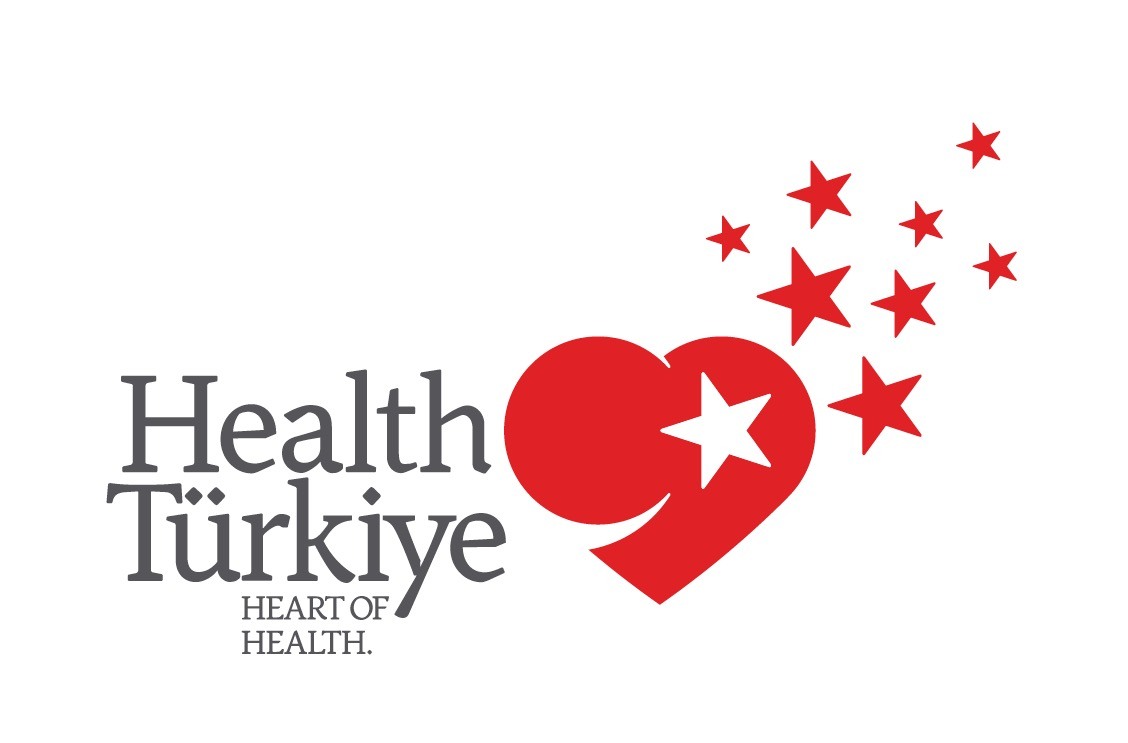The teething process in babies can be an exciting but sometimes challenging time for both babies and parents. This process usually begins in the first few months of a baby’s life and continues until the child is 2-3 years old. The teething process for parents includes knowing the symptoms, relief methods, and a normal teething timeline. So, what should you expect, and how should you approach this period?
When Does the Teething Process Start?
Generally, teething in babies starts around the 6th month, although it can begin as early as 4 months or be delayed until the 12th month. The first teeth to appear are usually the lower front incisors. Teeth tend to emerge in pairs, and every month new teeth become visible. By the time babies are 2-3 years old, they will typically have 20 primary (baby) teeth.
What Are the Symptoms of Teething?
The symptoms of teething in babies can vary greatly, and every baby experiences it differently. Parents should watch for common signs of teething during this period:
Increased Drooling: As teeth begin to emerge, babies produce more saliva, which is linked to irritation in the gums. Excessive drooling may also cause redness on the baby’s chin and around the mouth.
Mouth Itching: As the teeth push through the gums, babies often want to put their hands in their mouths or chew on hard objects to relieve the itching sensation.
Fussiness and Sleep Problems: The teething process can make babies feel uncomfortable and disrupt their sleep. They may wake up more frequently during the night and generally appear more irritable.
Loss of Appetite: During teething, babies may refuse to eat or feed less than usual. Chewing on hard foods can cause discomfort in the gums.
Swollen Gums: You may notice swelling and redness in the area where the teeth are trying to emerge. This swelling may persist until the tooth breaks through.
What Can Parents Do During Teething?
The teething process can be tough for both babies and parents, but there are some simple methods you can use to help ease your baby’s discomfort:
Use Cold Objects: Cold teething rings or a clean cloth placed in the refrigerator can soothe the baby’s gums. The cold helps reduce swelling and pain in the gums.
Teething Toys: Soft and safe teething toys can help babies relieve the pressure in their gums. Letting your baby chew on teething toys can provide relief.
Massage the Gums: Gently massaging your baby’s gums with a clean finger can relieve the pressure in the gums. This can help soothe your baby.
Comfort Your Baby: It’s normal for babies to feel more irritable during this process. Offering extra attention, cuddling, and comforting can help make the teething process more manageable for both you and your baby.
When Should You Consult a Dentist?
Teething is usually a natural process, but in some cases, it may be necessary to consult a dentist. If your baby experiences symptoms like high fever, diarrhea, or severe fussiness during teething, it’s important to consult a doctor. Additionally, if your baby hasn’t started teething by 18 months, a dental check-up may be needed.
Care After Teeth Emerge
Once your baby's teeth start coming in, regular oral care should begin. After the teeth appear, you should clean them using a soft baby toothbrush and water. Primary teeth are important until they are replaced by permanent teeth, so proper care is essential. It's also recommended to schedule your baby’s first dental visit by the age of 1.
Conclusion
The teething process in babies may present some challenges, but with the right knowledge and methods, it is possible to navigate this period more comfortably. Being informed about the teething process helps parents prepare both themselves and their baby for this period. You can try cold objects, teething toys, and gum massages to soothe your baby and consult a dentist if needed.






